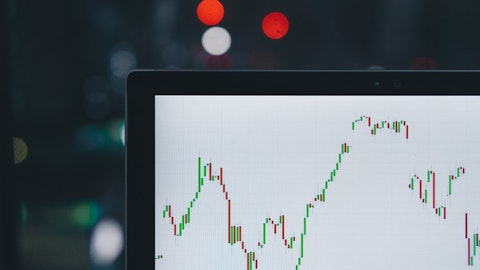Hedge Funds are Encouraged to Jump on the ESG Bandwagon (Opalesque.com)
How much sense does it make for a hedge fund manager to apply environmental, social and governance (ESG) criteria in its investments? It does make a lot of sense on two main counts: pressure from large and small asset owners, and positive performance. Then there’s also a moral imperative. Today, hedge funds still lag long-only funds in doing so. But many are about to launch their own ESG-compatible products, says Franz Odematt, senior portfolio manager at Crossbow Partners. Why should they, if that could affect their returns and investment styles? Well, he says, recent studies suggest that investors do not underperform over the long-term if they systematically apply ESG criteria to their investment process. So one should not fear underperformance.
MAS Issues Prohibition Orders to 3 Traders Jailed for Insider Trading (ChannelNewsAsia.com)
SINGAPORE: Three traders who were earlier convicted of insider trading have been given prohibition orders by the Monetary Authority of Singapore (MAS). E Seck Peng Simon and Leong Chee Wai are banned from performing any regulated activity under the Securities and Futures Act (SFA) for 15 years, MAS said in a media release on Wednesday (Aug 14). Toh Chew Leong was given a ban of 13 years.
Wednesday 8/14 Insider Buying Report: RHP, SPB (Nasdaq.com)
On Friday, Ryman Hospitality Properties (RHP)’s CEO, Colin V. Reed, made a $1.08M purchase of RHP, buying 13,585 shares at a cost of $79.30 each. So far Reed is in the green, up about 1.6% on their buy based on today’s trading high of $80.54. Ryman Hospitality Properties is trading off about 2.6% on the day Wednesday. Before this latest buy, Reed purchased RHP on 2 other occasions during the past year, for a total investment of $1.49M at an average of $77.94 per share. And at Spectrum Brands Holdings (SPB), there was insider buying on Friday, by CEO David M. Maura who bought 20,000 shares at a cost of $50.42 each, for a trade totaling $1.01M. Spectrum Brands Holdings is trading down about 2.8% on the day Wednesday. Bargain hunters can bag SPB even cheaper than Maura did, with the stock trading as low as $48.30 at last check today which is 4.2% under Maura’s purchase price.
Case of the Week: What’s a 10b5-1 Plan? (Napa-net.org)
CASE OF THE WEEK: The ERISA consultants at the Retirement Learning Center Resource regularly receive calls from financial advisors on a broad array of technical topics related to IRAs, qualified retirement plans and other types of retirement savings plans. We bring Case of the Week to you to highlight the most relevant topics affecting your business. A recent call with a financial advisor from Kansas is representative of a common inquiry related to trading securities. The advisor asked: “Is a 10b5-1 plan a type of qualified retirement plan?” Highlights of the Discussion: No, it is not a “qualified plan” in the sense of a 401(k) or profit sharing plan, which meet the requirements for favorable tax treatment under Internal Revenue Code Section 401(a). A 10b5-1 plan is a buy/sell agreement for securities that meets the requirements of the Securities Exchange Commission’s Rule 10b5-1 related to insider trading.
A Director at Intrepid Potash (NYSE: IPI) is Buying Shares (Analyst Ratings)
Yesterday, a Director at Intrepid Potash (IPI), Hugh Harvey, bought shares of IPI for $64.5K. Following Hugh Harvey’s last IPI Buy transaction on March 23, 2017, the stock climbed by 1.6%. Based on Intrepid Potash’s latest earnings report for the quarter ending June 30, the company posted quarterly revenue of $62.51 million and quarterly net profit of $5.61 million. In comparison, last year the company earned revenue of $51.01 million and had a GAAP net loss of $958K.





